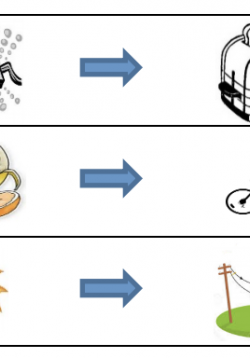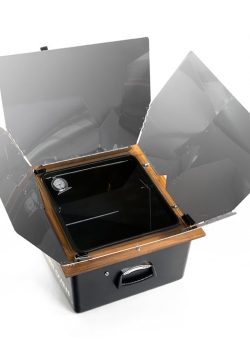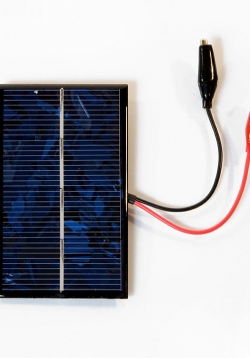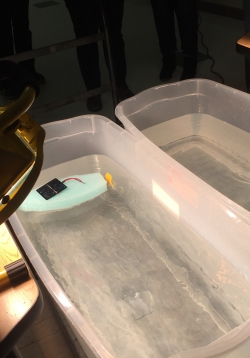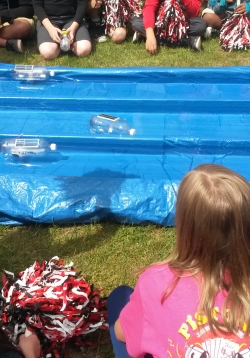What is Energy?
Students will gain an understanding of the fundamentals of energy through observing a variety of energy transformations and develop a foundational vocabulary for identifying and discussing energy concepts. Students will make observations about how energy...

